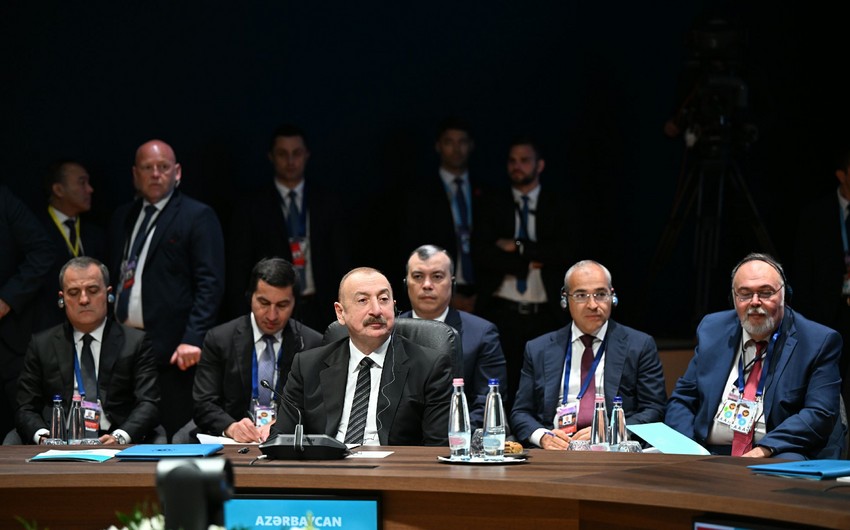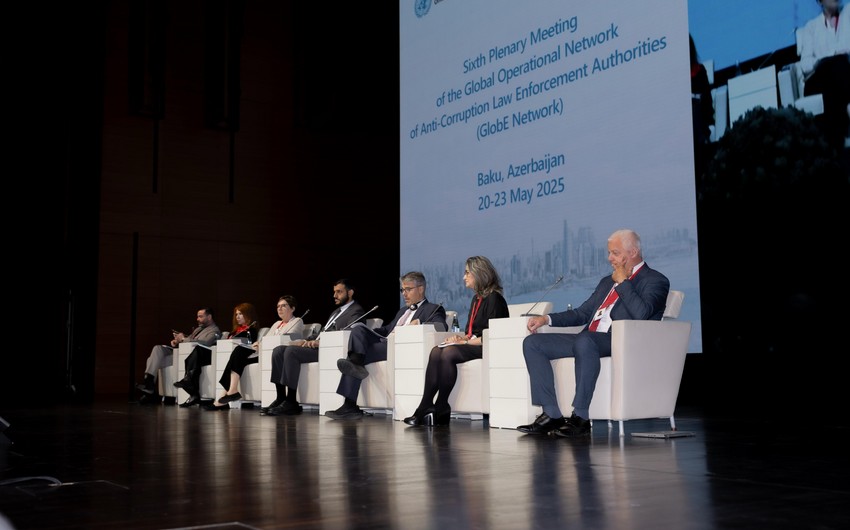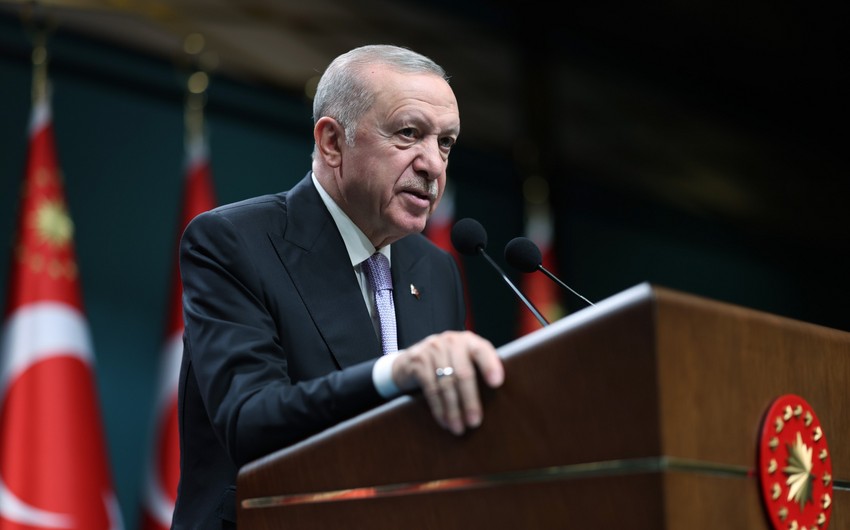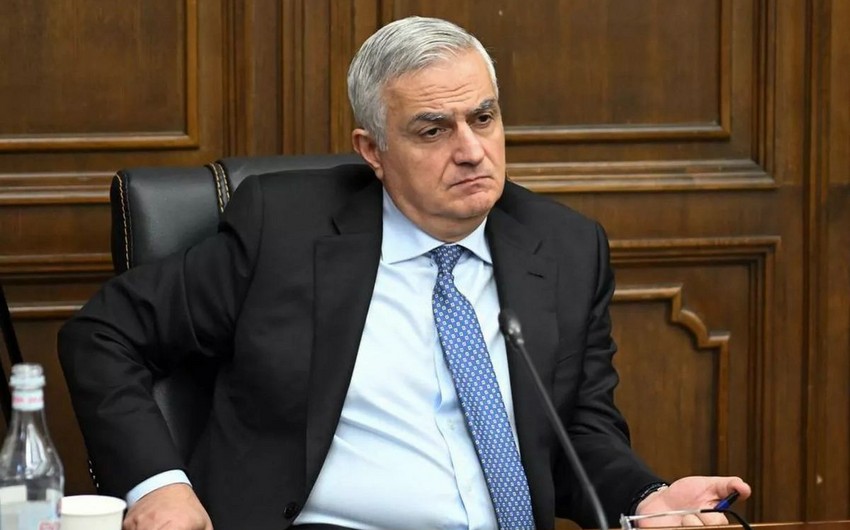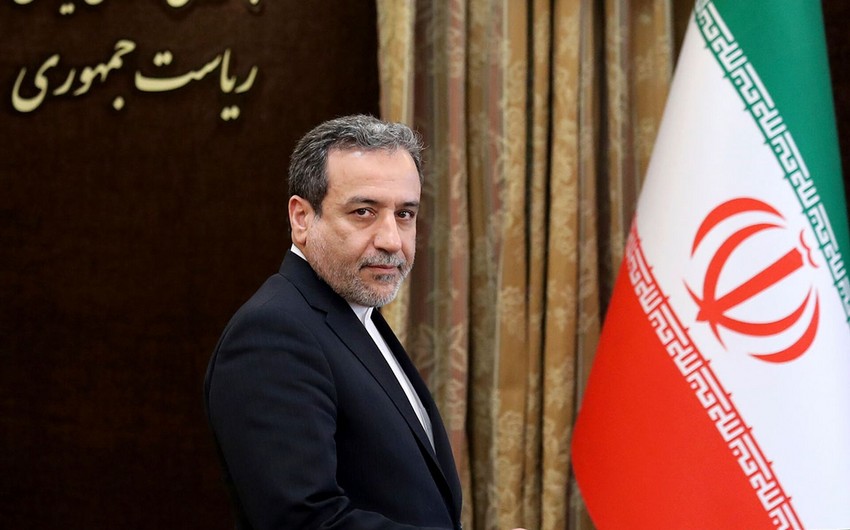For over two years now, Western alliances have been imposing political and economic sanctions on the Russian Federation. Despite the Kremlin demonstrating resilience in the face of these pressures, the country has suffered significant losses in various sectors.
How has Russia been affected by all these sanctions?
In the interview with Ednews, Moldovan political analyst and historian Dr. Ruslan Shevchenko explained that unlike the more aggressively targeted initial ten sanction packages, the latest sanctions primarily play a "complementary" role. They include restrictions on the transit of natural gas through European ports, which previously brought substantial revenues to Russia. By utilizing a fleet of discreetly flagged tankers, Russia has sought to circumvent these routes in hopes of evading scrutiny.
"Careful monitoring was already in place for these trade routes; now sanctions are specifically targeting the relevant tankers and their owners," stated the expert. "In the future, many trading companies will be compelled to refrain from partnerships with Russia, significantly reducing its revenue from gas exports. In fact, diminishing Russia's income was one of the main goals of these sanctions."
Continued sanctions will not only reduce Russia's foreign trade turnover by up to a third but also lead to higher prices for foreign goods:
"However, the current 14th sanctions package affects Russia's Central Bank Financial Messaging System (SPFS), akin to an analogue of SWIFT. This will have a twofold consequence. Firstly, Russia's trade turnover with several foreign countries, mainly CIS countries and Russia's 'friendly' nations, is expected to decrease by approximately a third. Secondly, many imported goods to Russia, particularly electronics, will see prices rise by 15-20%."
The expert noted that while Russia's economy is adapting to wartime conditions, post-conflict industries will face chaotic situations:
"All these factors will significantly reduce Russia's budget revenue share, diminish the role of industry, and increase the prominence of the military-industrial complex in the Russian economy. During wartime, investments in defense industries and increased production volumes have fueled Russia's economic growth. Therefore, in the near future, once the war in Ukraine ends, it will become clear that several industrial sectors in Russia are facing catastrophic bankruptcies, a situation that is inevitable for everyone."
Western sanctions will also seriously damage Russia's fields of science and culture:
"Another sanction restricts Russians from acquiring property in Europe, dealing a blow to cultural and artistic workers and local businessmen on both sides. This restriction will have serious consequences both economically and culturally. Technological innovations and inventions created by Russian companies will not be recognized in the West. This not only separates Russian science and technology from modern Western models but also accelerates its degradation and the return to medieval processes."
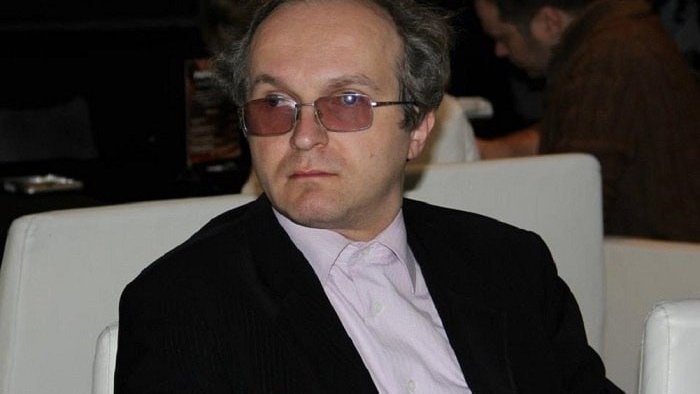
The Moldovan political analyst highlighted that Putin's official visit to North Korea accelerated the implementation of these sanctions:
"At first glance, there are some grounds for such an assumption, as the 14th sanctions package was announced immediately after Vladimir Putin's successful visit to North Korea and the signing of several cooperation agreements between the two countries. However, it must be noted that these sanctions have been under preparation for several months, with details about some of them repeatedly disclosed. Therefore, we can say that Putin's trip slightly expedited the approval of this sanctions package in the West."
In summary, despite Russia's attempts to navigate through sanctions, the cumulative impact continues to reshape its economic landscape and influence international relations.
Farid Akhund


